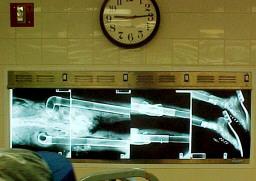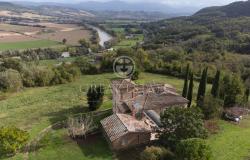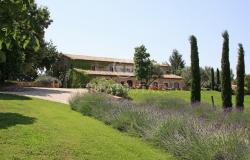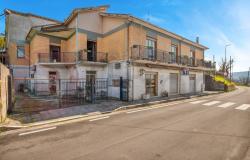Italy is leading a European Union drive to produce medical and security scanning waves that could be a better and safer alternative to X-rays.
''T-waves could take over some of the jobs currently done by X-rays - but could do them more safely and more effectively,'' Professor Aldo Di Carlo of Rome's Tor Vergata University said.
Di Carlo has kickstarted a four-year, four-million-euro EU project to boost the availability of Terahertz or T-waves.
''Up till now it has been very hard to get enough of these waves,'' he said.
There are currently only a handful of available T-wave sources, he noted, such as devices called Quantum Cascade Lasers (QCLs).
The Tor Vergata-led scheme aims to build a new machine to enhance these sources.
With the help of some of Italy's top hi-tech firms, it aims to create a special booster called a Vacuum THz Amplifier.
New techniques such as 'micromachining' and nanotechnologies will be used to build the amplifier, Di Carlo said.
Once obtained, the waves could be used in many fields ranging from medicine to security, Di Carlo said.
With a spectrum between the microwaves used in cellphones and the infra-red waves in fiber-optic broadband cables, T-rays aren't strong enough to pose health risks.
They could thus be a safe alternative to X-rays in identifying diseases like cancer, Di Carlo said.
''The great thing is that T-rays, unlike X-rays, aren't sufficiently powerful to damage body tissue''.
''They should be able to identify any anomalies earlier,'' he added.
T-rays also have ''impressive'' potential in the security field, the professor said.
''They can penetrate materials such as plastic, cardboard and paper and reveal concealed weapons and dangerous substances like drugs or explosive.
''Because they don't pose the health risks that X-rays do, they could be used in crowded areas such as airport lobbies and not just in specific scanner sites''.
Di Carlo said THz radiation also had potential uses in space, biology and microscopy.
Di Carlo's OPTHER (Optically Driven Terahertz Amplifiers) project sets out ''to give Europe a top role in the field,'' according to its website, www.opther.eu.
The OPTHER consortium brings together six partners. Tor Vergata is working with the Technical University of Denmark and the French National Research Council.
It has three industrial partners, THALES Research & Technology and THALES Electron Devices from France, and SELEX-SI from Italy.














